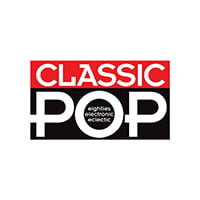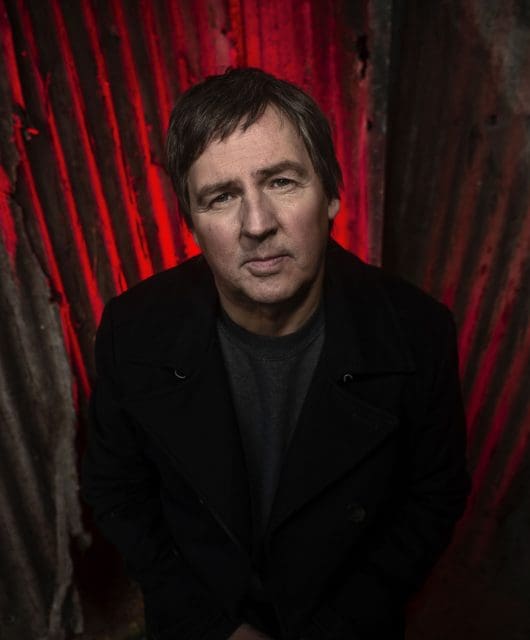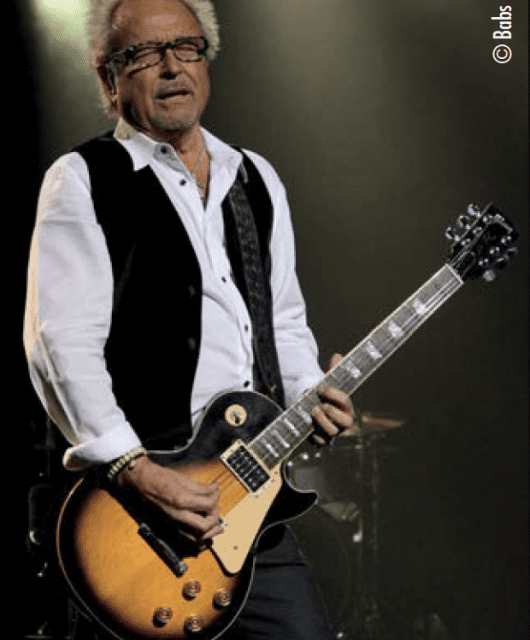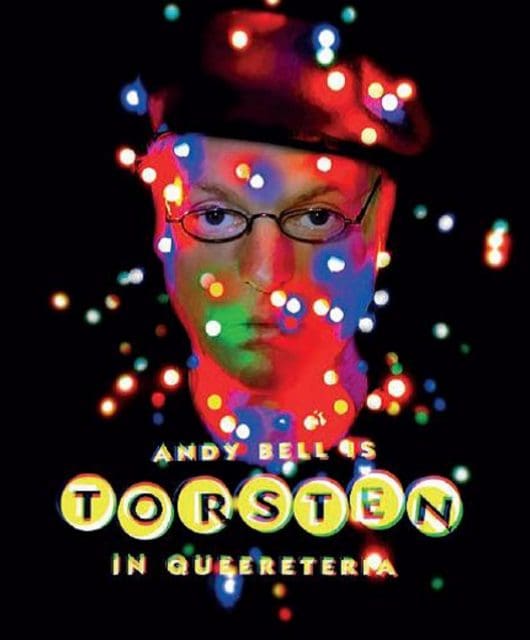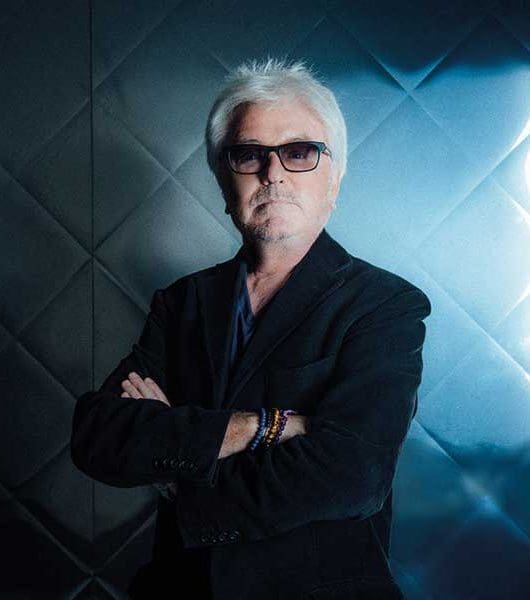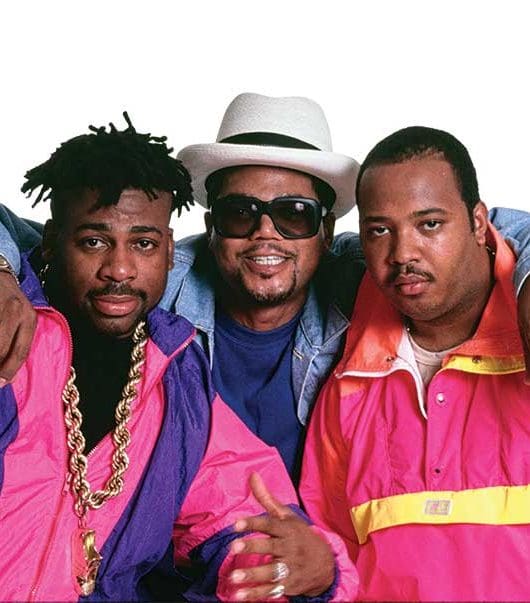Godmothers of Pop – Yoko Ono Interview
By Classic Pop | March 26, 2015
From her first career as a visual and performance artist to her years as John Lennon’s wife, muse and creative partner, and finally to her own lengthy career in music, Yoko Ono has led a singular existence. Few artists have been as influential – and as polarising to the public – as she has.
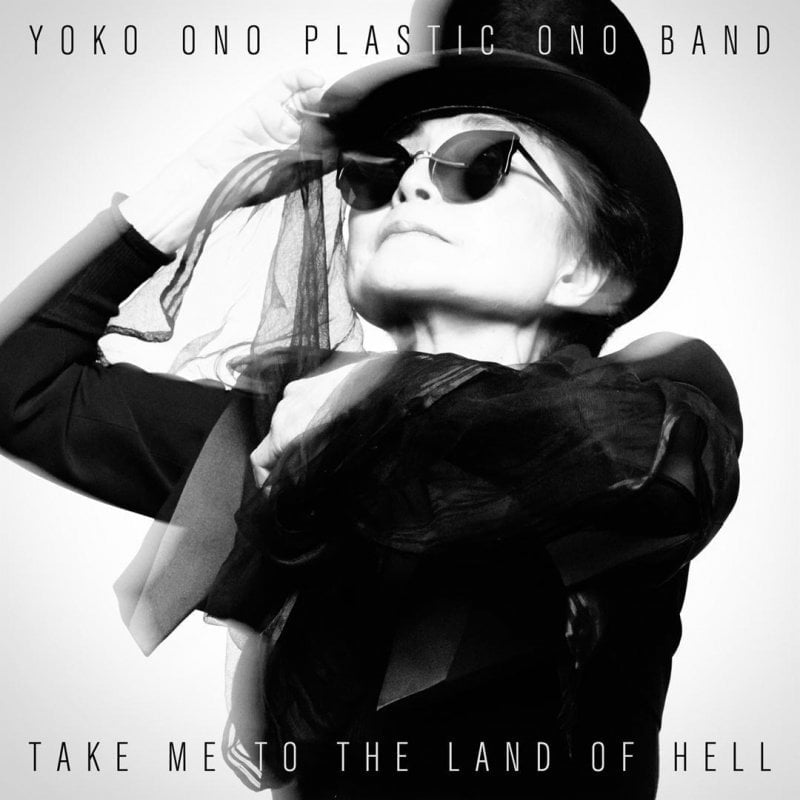
You co-produced Take Me To The Land Of Hell with your son, Sean Lennon, and Yuka Honda. Tell us a bit about that.
Yes! Isn’t that grand? Sean has turned out to be a very, very good musician – brilliant, actually. And Yuka, of course… you know Cibo Matto [Honda’s band, which she formed with Miho Hatori]. She was shouldering a lot [of the production] by herself. I mean, we were all doing a great job, but Yuka is very unusual in the sense that she’s capable
of doing a lot of digital work as well.
The lead song on the album is Moonbeams, which includes a lot of winter references. Do the different seasons signify different things to you?
Well, maybe – to be honest, I never thought of that. But, you know, I love snow and, consequently, I love winter. I’m not particularly a sun person in the sense that I travel to islands to swim and get brown or something. That’s not me.
What made you choose Take Me To The Land Of Hell to be the title track of the album?
Well, it was actually the main song on the album at the start [of the recording process], but then Moonbeams came along and I thought, “Well, Moonbeams is pretty strong, too, so which way am I gonna go?” But Take Me To The Land Of Hell, as a statement, is stronger and Moonbeams is a bit more abstract, so I chose Take Me To The Land Of Hell. It’s to do with passion. We’re starting to lose passion. People like to manipulate and think about making money and becoming famous or something, but not having passion for each other. And I think that’s sad. Our hearts are beating, not for money and not for fame. I think they’re beating to want to take a chance to love each other. And that’s why there are so many people who need heart operations and all that – no wonder.
That’s true. And it seems to be getting worse instead of better.
Well, let’s just hope it’s going to get better eventually. It has to.
You’ve inspired plenty of women. When you were growing up, were there any women who were an inspiration to you?
I’d say that my mother was an inspiration to me – but, in a way, she was also someone I felt rebellious towards. It was two sides of a coin, I think.
Many of the musicians I’ve interviewed have told me that the moment they decided they wanted to get into music was the moment they either heard The Beatles for the first time or saw them on The Ed Sullivan Show. And you were there!
Yes, I was!
What was it about The Beatles that made them special and continues to make them special so many decades later?
Well, compared to classical music, they were very easy to understand and listen to. But aside from that, I think they had an incredible naivety as human beings, The Beatles, you know? And it’s very beautiful that they retained it.
I’m curious about the song New York Noodle Town on the album…
Isn’t it great? There’s a restaurant in [New York’s] Chinatown called Great NY Noodletown. People queue to get in there, because the food is very good and it’s not very expensive. I went to one of the Chinese restaurants uptown and the waitress said, “After [we’re done working here], we go to eat at Great
NY Noodletown!”
Really? Most of my favourite restaurants in Chinatown have closed over the years, and I’ve been looking for a new one.
You should go to Great NY Noodletown. It’s incredible. Ha-ha!
